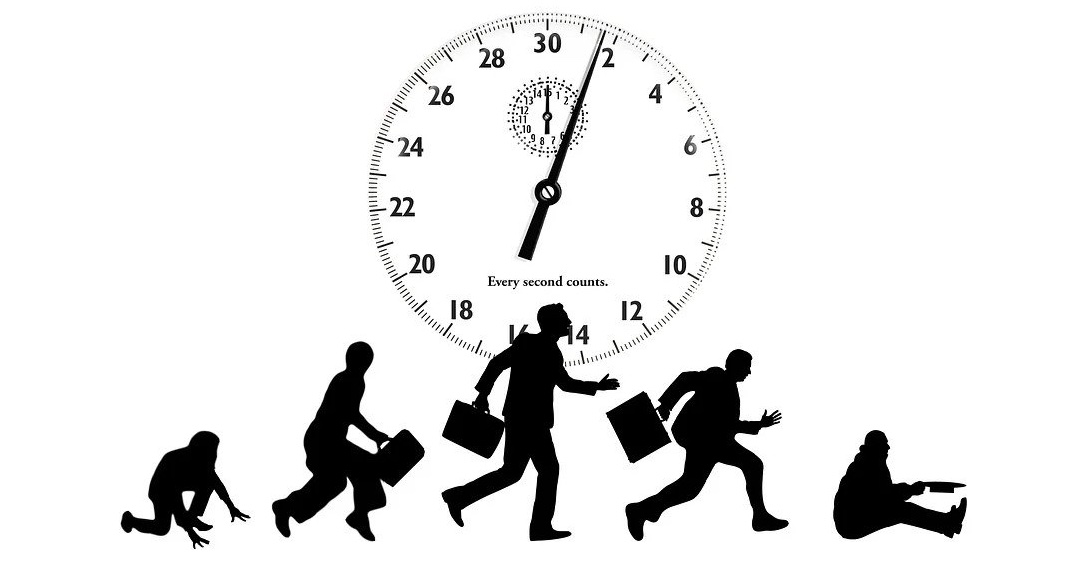
There are plenty of factors that affect your work performance, but there's one that you might not even realize plays a part: your work environment. For example, if you find yourself working in an uncomfortable chair all day, you might get stressed out more often than if you were sitting in an ergonomic chair. Or maybe you must walk 10 minutes to get to the nearest coffee shop, which makes it less likely that you'll stop there frequently during the day, especially if it's winter or the weather is bad.
Understand the different kinds of jobs
Every job has its benefits and drawbacks. To figure out which kind of job is right for you, consider your interests, skill set, needs, etc. It's easier to tailor your job to your preferences once you have a good idea of what you want from a work environment. If you already know what kind of job you want, it's time to start looking for jobs that fit that description. If not, don't worry—it'll come with time!
Understand how work environments affect you
In our connected, digital world, we may sometimes forget that there's a huge difference between working remotely and working virtually. The latter is often thought of as a harmless way to spend time at work—and it can be—but you should understand how it affects your ability to build relationships with coworkers and manage projects effectively. At its best, virtual work promotes independent problem-solving and fosters enhanced communication between team members who are geographically dispersed. At its worst, remote work encourages employees to slack off because they feel like no one is watching them or tracking their progress. To avoid such pitfalls and maintain your professional development (and sanity), make sure you understand how working virtually affects your career trajectory before jumping into any positions that offer telecommuting options.
Avoid negative people
Negativity can be a career killer. There are always going to be difficult people around you and they will try their best to bring you down. Stay away from them, especially if they are unhappy with their own lives. You never know what they might say to hurt your reputation at work or your prospects. If you are in a situation where negativity is present, leave immediately. It's not worth it to stick around and let someone else bring you down because of their negative energy.
Take advantage of opportunities at work
You never know what's going to happen at work. It may not feel like you're in control of your career (you aren't, really), but there are many ways you can prepare for and take advantage of opportunities when they arise. Things change fast, and you want to be able to capitalize on new responsibilities, opportunities for advancement or even just a better seat at the conference table. If you have an open mind and keep your eyes open, there's no telling what might come up. If it does, make sure you're ready.
Experiment with new projects
Taking on a new project helps you stay fresh and get outside your comfort zone. This is especially a good idea if you're in an environment that doesn't encourage variety, or if you feel like there aren't opportunities for growth where you are. Experimenting with new projects can also be a great way to discover new passions, even if they lead nowhere (but it beats staying stuck). If you work at a company that encourages side projects, give it a shot! If not, ask around about other departments and see if anyone needs help with something. Many companies have hack days when employees can experiment freely—take advantage of these days to try something new!
Maintain a healthy lifestyle
Sure, working in an exciting environment with lots of growth potential can be motivating. But what happens when that stimulating workplace creates long hours and a sedentary lifestyle? If you want to stay healthy and productive over your career, it's essential to maintain a healthy balance between your work and personal life. This means not working on weekends (even though everyone else does), prioritizing sleep, eating well, exercising often, and managing stress in your life outside of work. It might sound like a lot, but if you make these things part of your routine, they won't feel like much effort. And they'll pay off in spades—not just for your health but also for your performance at work.